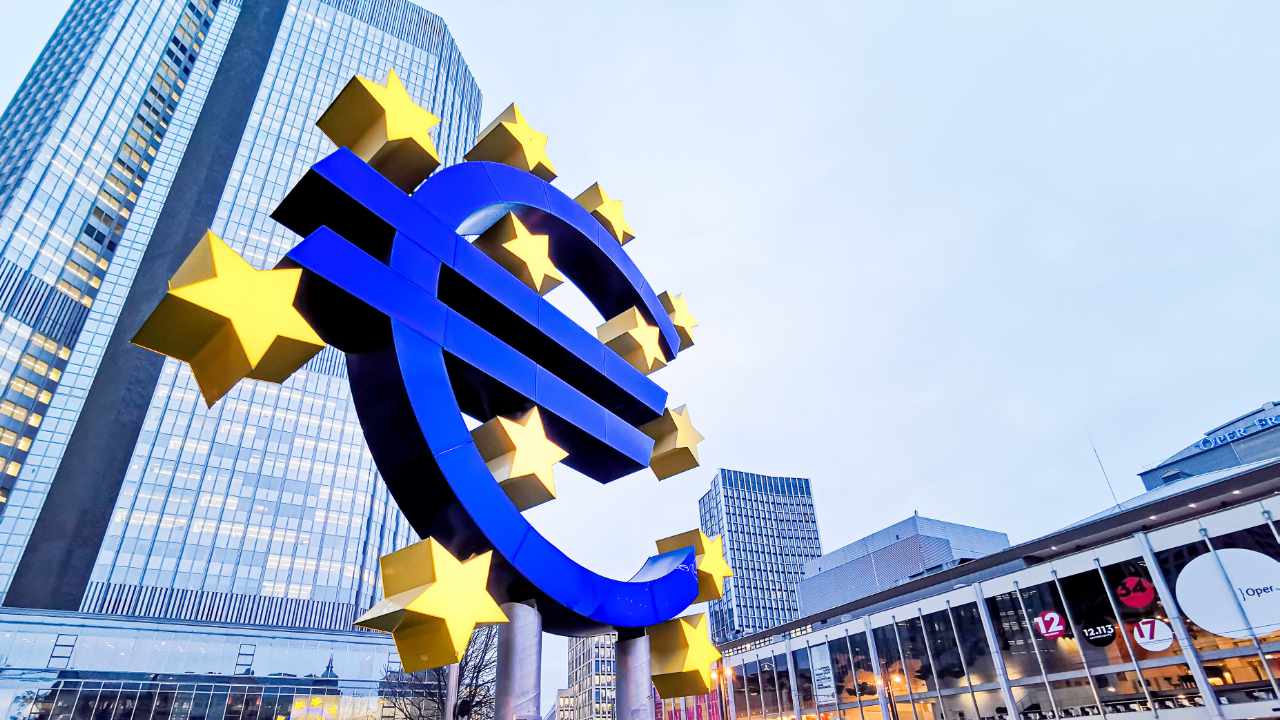ECB Creating a Harmonized Regulatory Framework Governing Crypto Activities and Services

Wednesday’s presentation by the European Central Bank (ECB), outlined the European Central Bank’s plan to harmonize EU regulations governing crypto services and activities. According to the regulator, banks are now more likely to consider offering crypto products and services. It is the ECB’s responsibility to ‘ensure that they do so safely.
The ECB stated that it collaborates closely with national regulators to ensure a consistent approach across all countries.
There is no single regulatory framework for crypto-asset services and activities in the EU.
“This will change with completion of several regulatory initiatives [at] European and international levels,” the ECB stated, mentioning the markets for crypto-assets proposal to regulate the EU’s crypto sector. Internationally, the Basel Committee on Banking Supervision will issue rules on prudential treatment for crypto exposures by banks.
The ECB noted that regulatory frameworks for cryptocurrency differ quite widely between EU countries. Certain crypto activities, for example, are subject to a German banking license requirement. The ECB stated that several banks had requested authorization to carry out crypto activities in Europe.
In this context, the ECB has taken steps to harmonize licensing request assessment.
The ECB stated that it is assessing the risk posed crypto assets pose and added:
The spotlight is on crypto assets, which highlight certain types of risk. These include cyber and operational risks. The ECB is also working towards assessing these.
The European regulator also stressed that ‘internal governance arrangements must take into account the crypto-asset AML/CFT [anti money laundering/combating financing of terrorism] risk profile for the institution.
Christine Lagarde , President of the ECB, stated that ‘crypto assets’ and ‘decentralized finance (defi), have the potential to pose serious risks to financial stability. She said that this would be especially true if crypto-asset markets and decentralized finance (defi) continue to grow rapidly and if interconnectedness with the traditional financial sector is increased.
